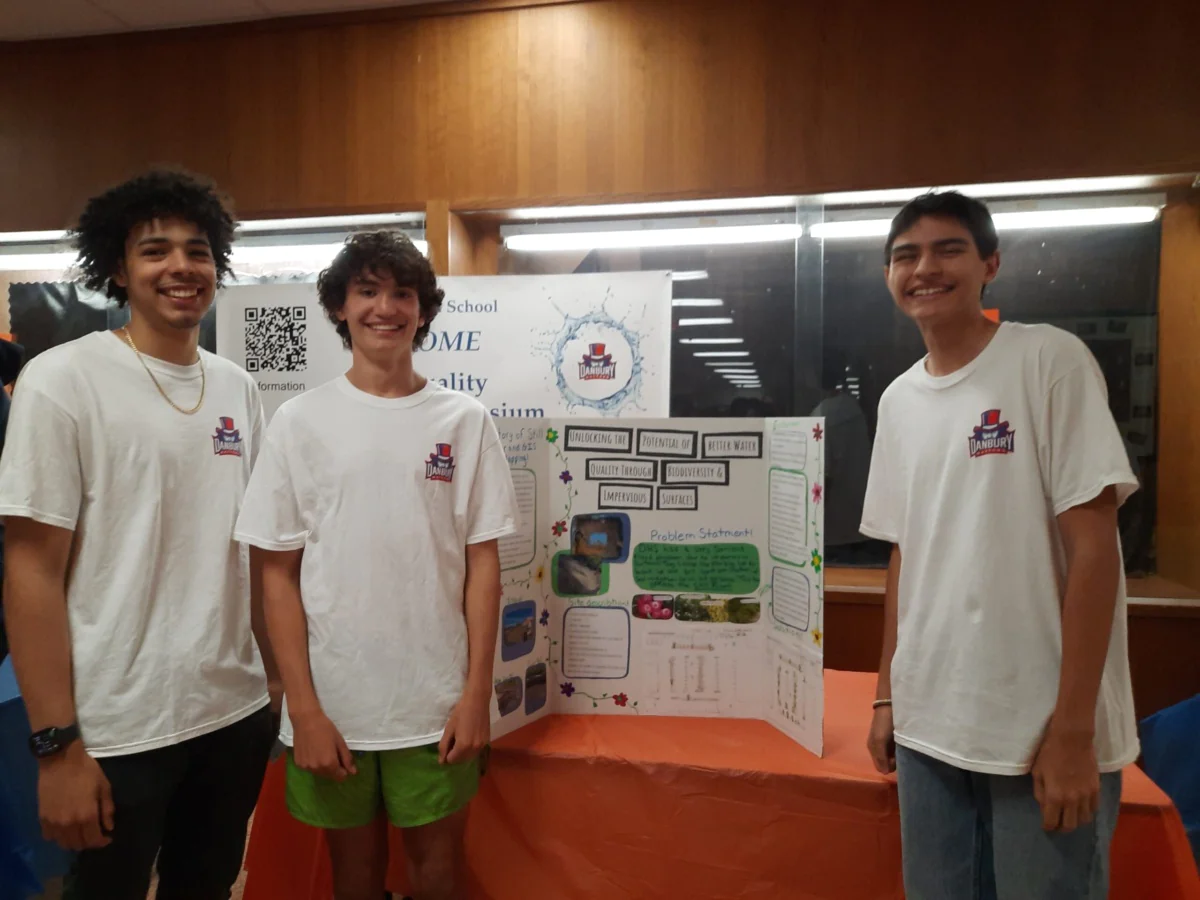A collaborative educational initiative between Western Connecticut State University (WCSU) Department of Biology and Danbury Public Schools, is aimed at enhancing STEM education through various programs and competitions that focus on environmental stewardship and watershed conservation. The initiative, called “Finding Our Way,” is supported by a previous grant from the National Oceanic and Atmospheric Administration (NOAA) and involves both middle and high school students in Danbury.
Middle school students participate in the Environmental Stewardship Competition, where they propose projects judged by high school teachers and WCSU professors. The winners are recognized in an awards ceremony. This competition is part of a broader effort to integrate water resources and biodiversity into the middle school curriculum through hands-on activities.
High school students, particularly juniors and seniors, have opportunities for college readiness and career development through a spring/summer program developed by Dr. Theodora Pinou, Chairperson of the WCSU Biology Department. This includes an elective class in Aquatic Science at Danbury High School, participation in a separate Environmental Stewardship Competition, and paid positions as Spring/Summer Watershed Steward Ambassadors.
The partnership has been beneficial for teachers as well, providing them with access to collegiate expertise and professional development opportunities to enhance their instruction and integrate ocean and watershed literacy into their curriculum. These initiatives foster a deeper understanding of environmental stewardship among students and align with project-based learning models that emphasize real-world application of scientific concepts.
Overall, the collaboration between WCSU and Danbury Public Schools enriches STEM education, fosters environmental awareness, and prepares students for future careers in science-related fields, while also engaging them in meaningful watershed educational experiences.
